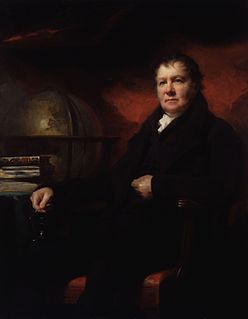A Quote by Peter Hitchens
Revolutions are all based on the false idea that humans and their nature can be changed.
Related Quotes
Environmentalists and secular humanists insist that humans will destroy the planet. Corporate capitalists and many religious fundamentalists have no regard for wildlife and nature. Ultimately, this dualistic battle is based on false premises. In fact, this planet is more powerful than the human species.
My point of view actually on artificial intelligence, which ties into the nature for humans constantly looking into the reasons for why we exist and why consciousness exists changed during the making of Chappie. And I'm not actually completely sure that humans are going to be capable of giving birth to A.I. in the way that films fictionalize it.
Before, revolutions used to have ideological names. They could be communist, they could be liberal, they could be fascist or Islamic. Now, the revolutions are called under the medium which is most used. You have Facebook revolutions, Twitter revolutions. The content doesn't matter anymore - the problem is the media.
In Nature nothing; is mean or contemptible, and it is only pride, originating in a false idea of our superiority, which causes our contempt for some of her productions. In the eyes of Nature, however, the oyster that vegetates at the bottom of the sea is as dear and perfect as the proud biped who devours it.
Every time we have come to the end of a conflict, somehow we have persuaded ourselves that the nature of mankind and the nature of the world have changed on an enduring basis and so we have dismantle our military and intelligence capabilities. My hope is that as we wind down in Iraq and whatever the level of our commitment in Afghanistan, that we not forget the basic nature of humankind has not changed.
As in political revolutions, so in paradigm choice--there is no standard higher than the assent of the relevant community. To discover how scientific revolutions are effected, we shall therefore have to examine not only the impact of nature and of logic, but also the techniques of persuasive argumentation effective within the quite special groups that constitute the community of scientists.
Amid all the revolutions of the globe, the economy of Nature has been uniform, ... and her laws are the only things that have resisted the general movement. The rivers and the rocks, the seas and the continents, have been changed in all their parts; but the laws which direct those changes, and the rules to which they are subject, have remained invariably the same.
The socialism of centralised state control of industry and production, is dead. It misunderstood the nature and development of a modern market economy. It failed to recognise that the state and public sector can become a vested interest capable of oppression as much as the vested interests of wealth and capital. it was based on a false view of class that became too rigid to explain or illuminate the nature of class division today.
I don't understand the notion that modern farming is anything do to with nature. It's a pretty gross interference with nature. I think it ought to be governed by the standards of how it affects the individual animals, just as we'd want to deal with institutions that deal with humans by how they affect individual humans.

































